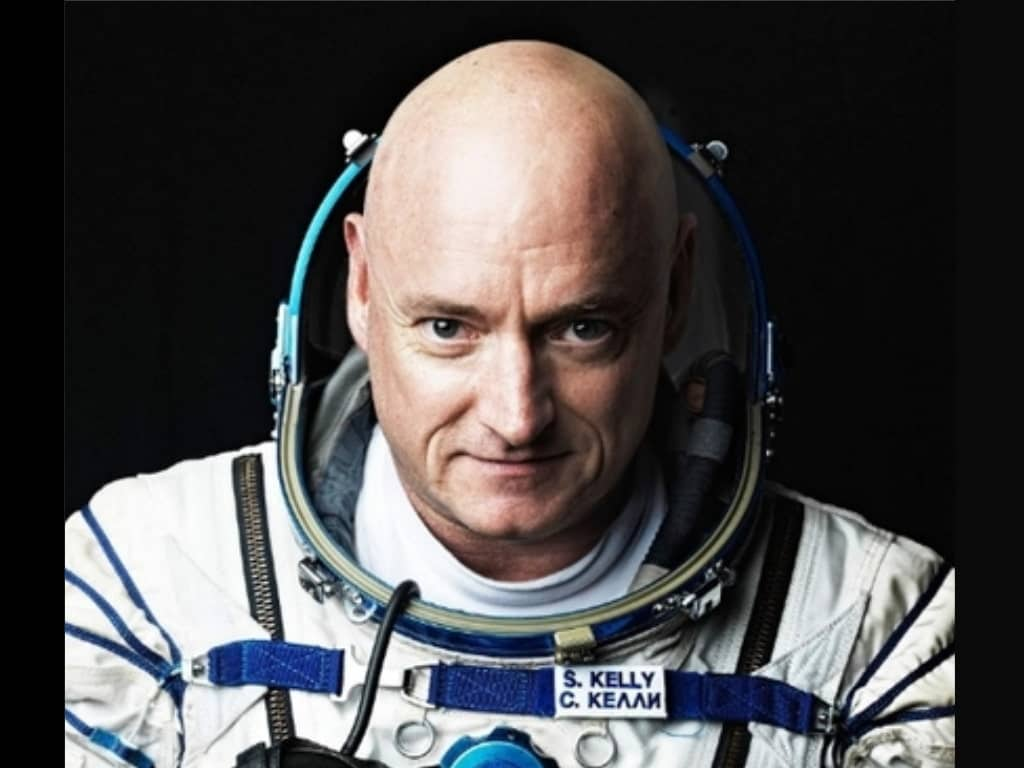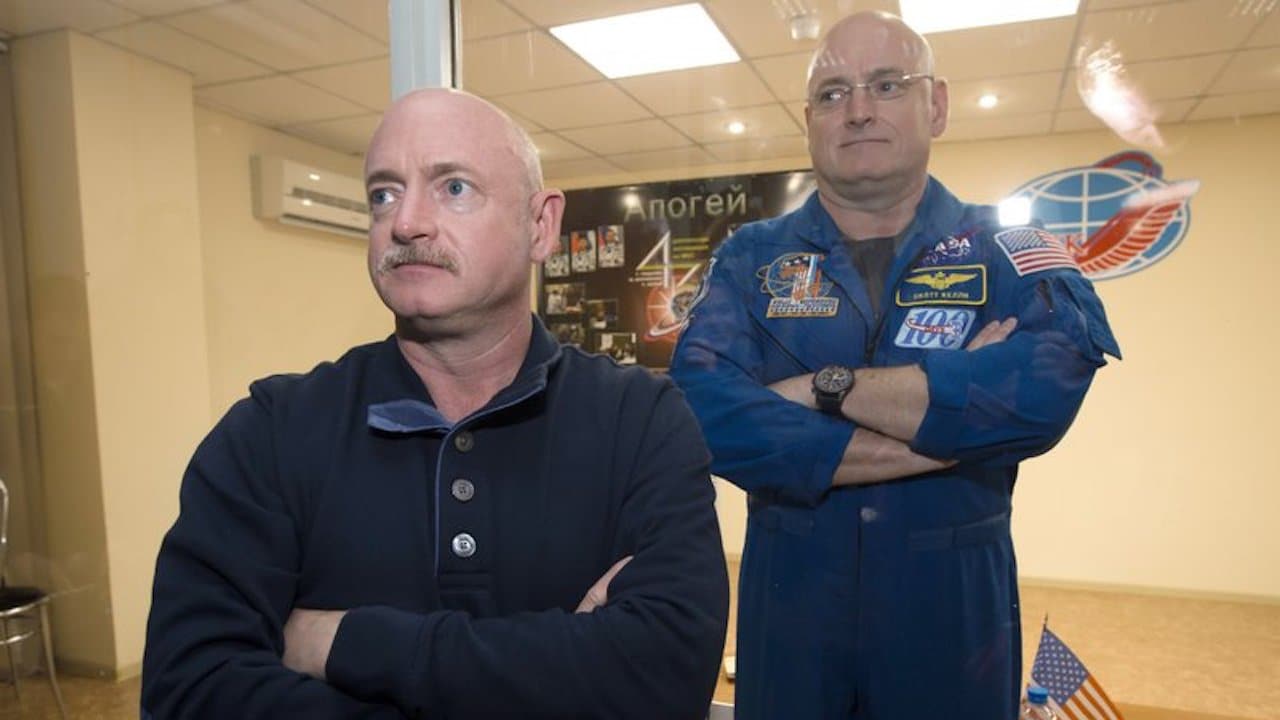Nearly a year in space put astronaut **Scott Kelly** ’s immune system on high alert and changed the activity of some of his genes compared to his **Earth** -bound identical twin, researchers said Friday. Scientists don’t know if the changes were good or bad but results from a unique **NASA** twins study are raising new questions for doctors as the space agency aims to send people to Mars. Tests of the genetic doubles gave scientists a never-before opportunity to track details of human biology, such as how an astronaut’s genes turn on and off in space differently than at home. One puzzling change announced Friday at a science conference: Kelly’s immune system was hyperactivated. “It’s as if the body is reacting to this alien environment sort of like you would a mysterious organism being inside you,” said geneticist Christopher Mason of New York’s Weill Cornell Medicine, who helped lead the study. He said doctors are now looking for that in other astronauts. [caption id=“attachment_6102021” align=“alignnone” width=“1024”]  NASA Astronaut Scott Kelly[/caption] Since the beginning of space exploration, NASA has studied the toll on astronauts’ bodies, such as bone loss that requires exercise to counter. Typically they’re in space about six months at a time. Kelly, who lived on the International Space Station, spent 340 days in space and set a US record. “I’ve never felt completely normal in space,” the now-retired Kelly said in an email to The Associated Press, citing the usual congestion from shifting fluid, headaches and difficulty concentrating from extra carbon dioxide, and digestive complaints from microgravity. But this study was a unique dive into the molecular level, with former astronaut Mark Kelly, Scott’s twin, on the ground for comparison. Full results haven’t yet been published, but researchers presented some findings Friday at a meeting of the American Association for the Advancement of Science. A number of genes connected to the immune system became hyperactive, Mason said. It’s not a change in DNA but in what’s called “gene expression,” how genes turn off and on and increase or decrease their production of proteins. Mason also spotted a spike in the bloodstream of another marker that primes the immune system. Yet at the same time, Kelly’s blood showed fewer of another cell type that’s an early defense against viruses. It’s not a surprise that gene activity would change in space — it changes in response to all kinds of stress. “You can see the body adapting to the change in its environment,” Mason said. The good news: Most everything returned to normal shortly after Kelly got back on Earth in March 2016. Those immune-related genes, however, “seemed to have this memory or this need to almost be on high alert” even six months later, Mason said. [caption id=“attachment_6102061” align=“alignnone” width=“1280”]  In this March 26, 2015 file photo, US astronaut Scott Kelly, right, crew member of the mission to the International Space Station, stands behind glass in a quarantine room, behind his brother, Mark Kelly, also an astronaut. (AP Photo/Dmitry Lovetsky)[/caption] “On the whole it’s encouraging,” said Craig Kundrot, who heads space life and science research for NASA. “There are no major new warning signs. We are seeing changes that we didn’t necessarily anticipate” but don’t know if those changes matter. From four Russians living in space for more than a year, NASA already knew prolonged time off Earth is possible, Kundrot said, adding, “We also aim for more than just possible. We want our astronauts to do more than just survive.” Ultimately, the twin study gives NASA a catalog of things to monitor on future missions to see if other astronauts react the same way. Astronauts on future missions will be able to do some of this testing in space instead of freezing samples for scientists back home, Mason said. Immune issues sound familiar to Dr. Jerry Linenger, an American astronaut who spent more than four months on the Russian space station Mir. He said he was never sick in orbit, but once he came back to Earth “I was probably more sick than I was in my life.” Astronauts launch into orbit with their own germs and get exposed to their crewmates’ germs and then after a week with nothing else new in the “very sterile environment” of a space station “your immune system is really not challenged,” Linenger said. A human mission to Mars, which NASA hopes to launch in the 2030s, would take 30 months, including time on the surface, Kundrot said. Radiation is a top concern. The mission would expose astronauts to galactic cosmic radiation levels higher than NASA’s own safety standard. It’s “just a little bit over,” he said. On Earth and even on the space station, Earth’s magnetic field shields astronauts from lots of radiation. There would be no such shielding on the way to Mars and back, but tunnels or dirt-covered habitats could help a bit on Mars, Kundrot said Kelly, who turns 55 next week, said he’d go to Mars. He said a trip that long “wouldn’t be worse than what I experienced. Possibly better. I think the big physical challenge, radiation aside, will be a mission where you are in space for years.”
These changes are raising new questions for doctors as the space agency aims to send people to Mars.
Advertisement
End of Article


)
)
)
)
)
)
)
)
)



